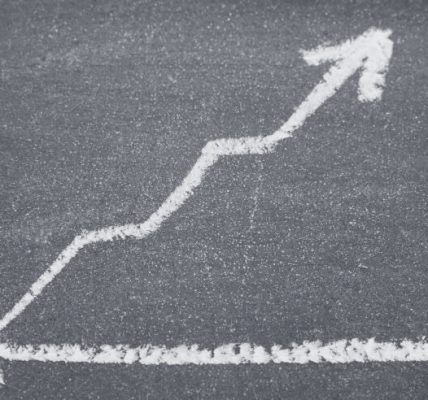US President Joe Biden’s recent announcement to end his re-election campaign is a new development in the “soap opera” playing out in markets ahead of the upcoming US election, according to AMP Chief Economist Shane Oliver.
In the early hours of Monday AEST, President Biden confirmed he would end his presidential re-election campaign and endorsed Vice President Kamala Harris as the presumptive Democratic presidential nominee.
The decision came amid growing calls for Biden to step down after his recent presidential debate performance raised questions about his age and fitness.
==
==
Speaking to InvestorDaily, Oliver noted that there was "minor movement" in markets with Biden's statement, although the full impact on markets of the dropout remains to be seen.
"It's hard to know if Biden's withdrawal will have much of an impact other than the hype that comes with it," Oliver said.
"US futures are actually slightly up, and it's hard to tell if that's because of Biden's withdrawal, but it's very likely to be," he said, noting that the likelihood of a Republican victory had "diminished" according to betting markets .
Although the Republicans' chances of victory rose to about 67 percent after the debate debacle and the assassination attempt on former US President Donald Trump, they are now closer to 60 percent, he noted.
However, looking at the broader markets, Oliver maintained there was "relatively little change" with modest gains of 0.2% in S&P 500 futures.
Technology stock futures, he said, were up slightly by 0.3 percent.
"Minor moves, like I said, it's not something to get too excited about and the soap opera is going to drag on," Oliver said, adding that the uncertainty and market volatility surrounding the election appeared to be "starting earlier" than in the past.
“It turned into a soap opera. We're seeing a lot of surprise events that are changing market sentiment and pushing back the time when investors will have to worry about the US election.
"Normally you wouldn't worry until September or so."
Questions about the technology trajectory
Market sentiment surrounding the U.S. presidential election, along with the upcoming corporate earnings season, could also weigh on technology stocks, which have been big winners among U.S. equity markets this year, Oliver noted.
Last week saw a pullback in tech stocks, fueled by concerns about tighter restrictions on semiconductor equipment exports to China. That selloff was exacerbated by a global technical outage caused by a bug in cybersecurity company CrowdStrike's software on Windows operating systems on Friday.
Both the Nasdaq and the S&P 500 posted their worst week since April, and as of July 22, both indexes were down about 4.1% and 2.3%, respectively, over the past five days.
Oliver noted that tech stocks have "been struggling lately" and the uncertainty surrounding the stock has caused investors to take advantage of the opportunity to take profits.
"Nvidia started this a few weeks ago when it became the largest stock by market cap in the world and then it came under pressure," he said, referring to Nvidia's $646 billion loss in market capitalization in June, which is believed to be the -the steepest three-day loss for any company in history.
The broader sector also came under pressure, partly due to growing confidence around the possibility of a rate cut by the US Federal Reserve later in the year.
"These things happen so often, one sector shoots the lights out, then investors end up saying, 'We've got enough here, the potential is much less,'" Oliver elaborated.
He predicted that the next few months could see further moves in the tech sector, starting with the corporate earnings season that begins this week, when tech giants such as Alphabet and Tesla report their latest earnings.
For Oliver, the reporting season could have the potential to "bring more life back" into the stock market.
"It has a history, recently anyway, of surprising to the upside," he told InvestorDaily.
“It can provide support – July has historically been a relatively solid month for US markets, similar to Australia – but August and September are known to be weak.
"So it wouldn't be too surprising if the market goes up and peaks in the next week or so, and then has weakness in August and September as we move through the seasonal soft period highlighted by the uncertainty surrounding the US election." "
Given that tech stocks have been big winners so far, he added, they could be "particularly vulnerable" to such market moves.
"On the one hand, there's a boost helping the whole market from lower interest rates as we head into a rate cut, probably in September, in the US." On the other hand, there is a risk that we start to see more concern about a creeping recession,” Oliver said.
"I suspect the ride will be bumpy."





